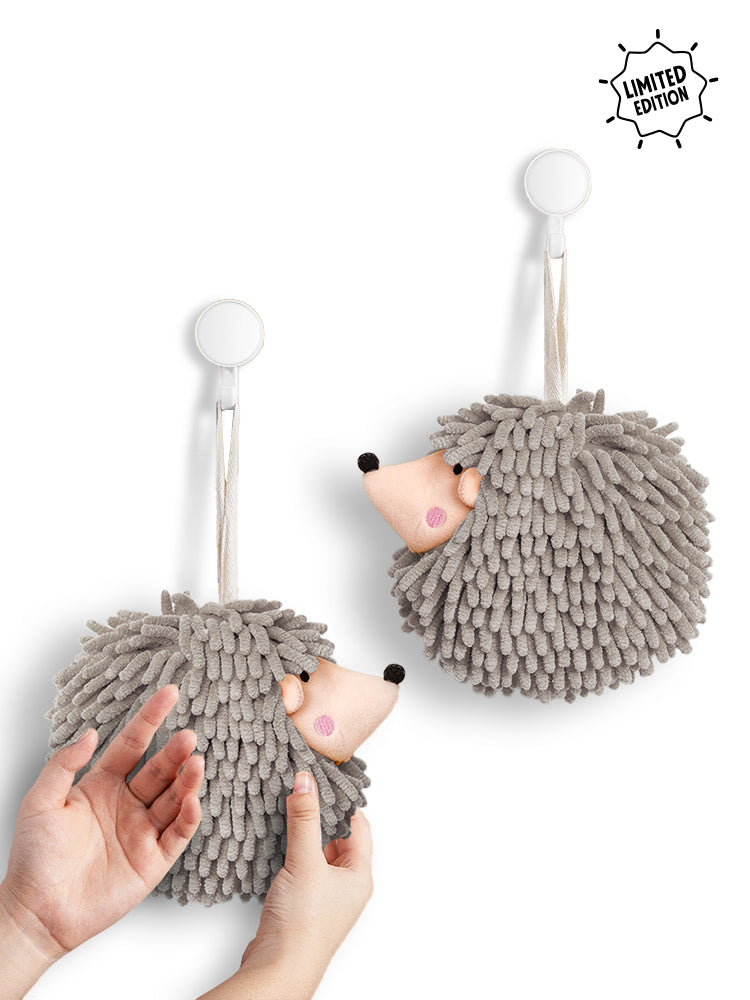
Sheets get cleaned regularly, but comforters less so. Blankets, comforters, and duvets easily get overlooked when it comes to weekly bedding washes. Yet, they accumulate dirt, sweat, and allergens too. However, washing too often or the wrong way can cause fading and fraying.
Cleaning experts say that the ideal frequency of washing depends on the comforter’s fabric and the directions on the manufacturer’s label. To keep your comforter clean and fresh, here’s how often you should plan to wash it.
What Is a Comforter?
:strip_icc():format(webp)/7003757_AA_1037_preview-f3a3eaf285754edc9cc9e77dcd24e922.jpg)
A comforter is a thick, fluffy blanket that goes on top of your sheets to provide warmth and a decorative element to your bedroom. The filling is usually duck or goose down (exterior feathers), down alternative, wool, or polyester. The outer shell is usually made of cotton, microfiber, or velvet. The natural breathable fabrics on the shell of the bedspread might call for different care instructions from the filling.
Comforters have an insulating air layer that traps body heat. Because they absorb sweat, skin cells, and oils as you sleep, they can get dirty fast. Not to mention, dust mites and pet dander can also accumulate. Regular laundering is key for keeping comforters hygienic.
Pro Tips for Washing Various Comforter Fills
“Comforters are a bit tricky because they’re heavy and sometimes the fabric/material is not washing machine safe. For example, if it has synthetic stuffing, it’s probably going to be dry clean only,” says Alex Cortez, manager of Denton Maids. “If you can, wash using cold water and a delicate cycle. As for drying, air dry or dry with low heat. Keep in mind you’re probably going to need at least two cycles in the dryer and air dry as well after that.”
The filling impacts how to best wash your comforter and how often. More delicate downs and synthetics usually need less frequent cleaning but a gentler touch. Sturdier materials wool or cotton can be washed more often. Always check the care tag for specific details. Here are general guidelines based on the most common comforter materials:
Cotton
Natural fiber comforters can typically be washed monthly or bi-monthly in the washer using cold water and regular detergent. Cotton can handle occasional warm water cycles too. Tumble dry on a low or medium heat setting.
Down
Down comforters have an outer layer made from lightweight, breathable fabrics like cotton, silk, sateen, and percale. These may require dry cleaning.
Otherwise, wash down comforters every six months using a front- or top-loading machine without an agitator, cold water, and mild detergent. Dry on low or air fluff, according to the care instructions on the tag. Add dryer balls or tennis balls to the dryer to restore fluffiness. Freshen between washes by airing your comforter in sunlight or using a handheld steamer.
Down Alternative

Most down alternative comforters have a polyester microfiber fill. Their shells tend to be poly-cotton blends, flannel, or microfiber. These easy-care fabrics are usually very simple to clean at home. Synthetic fillings can better handle more frequent washing than natural feathers. Machine-wash down alternative comforters every two to three months with cold water and mild detergent. Tumble dry on a low heat setting along with dry towels, which help absorb excess moisture.
Polyester

Like down alternatives, polyester fills make machine-washing a breeze. Wash polyester-filled comforters every two months with cold water settings and regular detergent. Avoid fabric softeners that can reduce fluffiness. Tumble dry low.
Wool

Brush wool weekly with a stiff natural bristle brush to prevent matting. Freshen up anytime by hanging outside and spot-cleaning any stains.
Comforter Care with Kids and Pets
If you share your bed with kids or pets, you'll likely need to clean your comforter more often. The same is true if you eat in bed or don’t use a top cover. “If you use [your comforter] every day, you'll want to wash it every three to six months. But if allergies or pets are in the picture, bump comforter washing up to every two to three months to help out," says Rhonda Wilson, quality lead cleaner at FreshSpace Cleaning. "And, if you only use it seasonally or for guests, you can probably get away with washing it at the end of each season.”
If you have pets or don’t use a top sheet, Wilson suggests vacuuming your comforter first to get rid of hair and dust before tossing it in the wash. If you don’t have a vacuum, try a lint roller. To keep your comforter clean between washes, invest in a washable mattress protector or waterproof comforter cover. Stick with dark colors that can be more forgiving and spot-clean any messes immediately. Disinfect bedding occasionally with white vinegar, baking soda, and/or a steam cleaner.
Do You Need to Wash Duvet Covers as Often as Comforters?
You can wash most duvet covers far more often than comforters, about every two weeks or so. As removable shells, duvet covers protect your actual comforter from body oils, sweat, and other gunk. If you want to wash your comforter less frequently, a duvet is a great solution.
Sources:
- All photos used in this blogpost are sourced from the internet, and the rights belong to their respective owners
- Allen, N. (2024b, May 15). How Often Should You Wash Your Comforter? Better Homes & Gardens. https://www.bhg.com/how-often-should-you-wash-your-comforter-8647986





